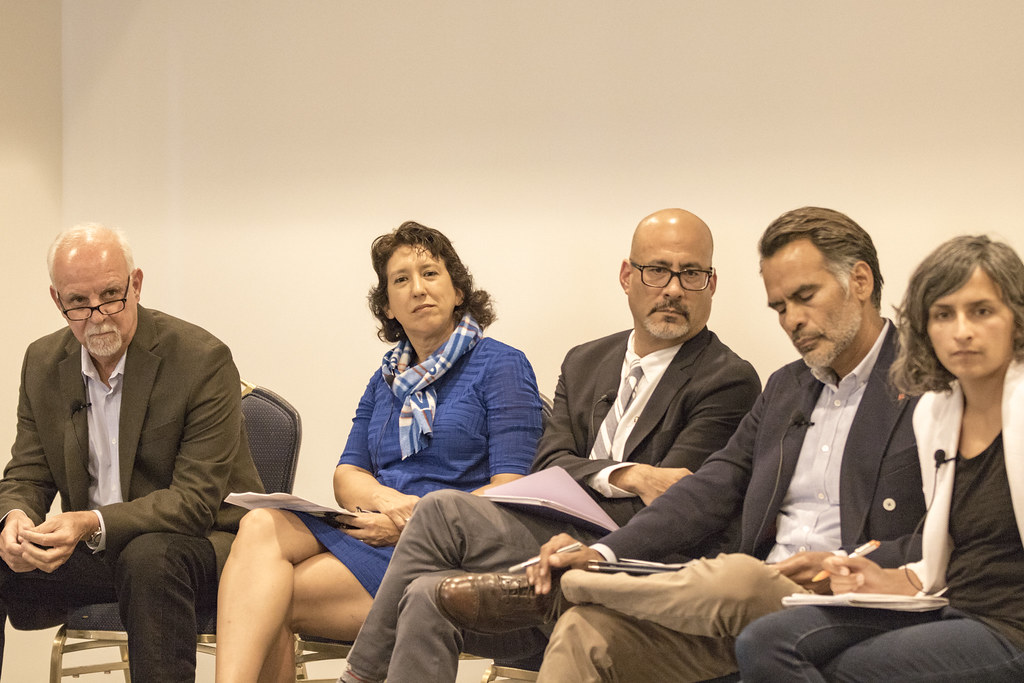Avila on New Affordable Housing Project in South Los Angeles
UCLA urban scholar Eric Avila provided historical context for an LAist story about a new affordable housing project that recently broke ground in South Los Angeles. The property, formerly subject to a 1906 racially restrictive covenant, is being developed to address a shortage of affordable homes, including more than 100 new apartments for low-income renters. Avila, who holds appointments in history, Chicana/o studies and urban planning, explained that racial covenants were in common use throughout the early 20th century and used extensively, accompanying booming suburban development in L.A. and across the country. “They essentially created these walls that prevented Black, brown and Asian people from purchasing property in white neighborhoods,” Avila said. A landmark 1948 U.S. Supreme Court case, Shelley v. Kraemer, made such covenants illegal nationwide, but they continued to exist in property deeds. “It’s the lasting effects, or the legacy of these policies, that we live with today,” Avila said.


